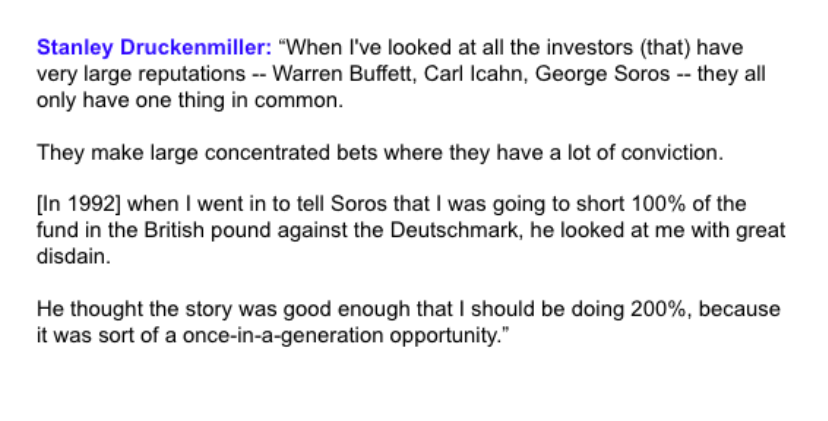
Tim Cook has been Apple's CEO since Aug. 24, 2011. Over this span, Apple's market cap has jumped from $340B to -- just today -- $3T.
Despite this massive gain, Cook is only worth $1.5B.
LESSON: You don't get rich being an employee.
Despite this massive gain, Cook is only worth $1.5B.
LESSON: You don't get rich being an employee.

For more timeless business lessons, check out my Saturday email: trungphan.substack.com
Side Note: when Jobs approached Cook to join Apple in 1998, many thought he should have stayed at Compaq. Apple was in a bad place.
His starting salary: $400k + $500k signing bonus (CNBC).
Side Note: when Jobs approached Cook to join Apple in 1998, many thought he should have stayed at Compaq. Apple was in a bad place.
His starting salary: $400k + $500k signing bonus (CNBC).

People, the Cook tweet was a joke. Let's talk about the actual biggest $AAPL winner: in absolute dollar terms, Buffett.
Between 2016-2018, Berkshire bought ~1B shares (adjusted for 4-1 stock split) for $36B.
That's now worth $150B+:
Between 2016-2018, Berkshire bought ~1B shares (adjusted for 4-1 stock split) for $36B.
That's now worth $150B+:

T/F: In absolute public market dollar terms, mostly tech-phobic Buffett — led by his PMs Todd Combs and Ted Weschler — made the most profitable tech trade ever?
https://twitter.com/TrungTPhan/status/1478118943290130432
This is great, thank you Ho! Wild re: the VC angle.
https://twitter.com/honam/status/1478184791778291716
Tim Cook tweet the gift that keeps on giving (h/t @amlewis4 )
• • •
Missing some Tweet in this thread? You can try to
force a refresh




















